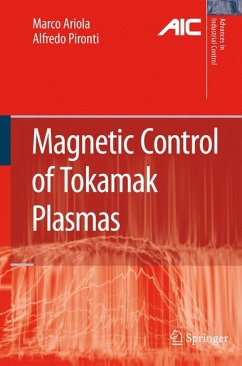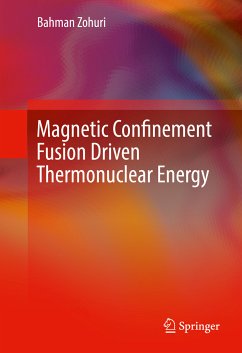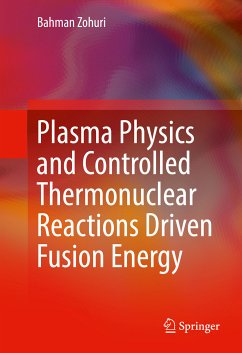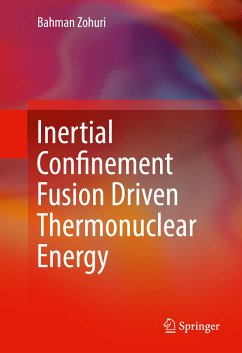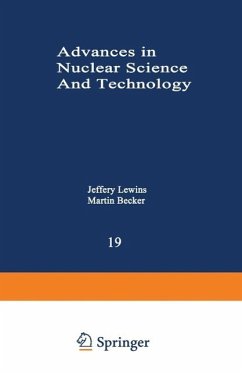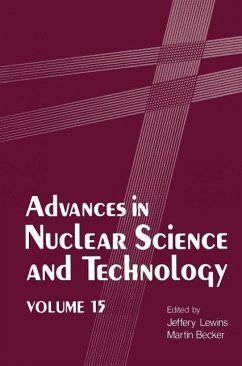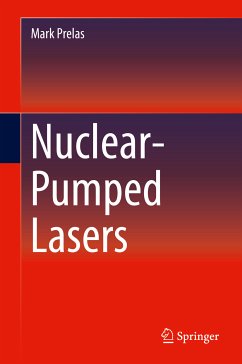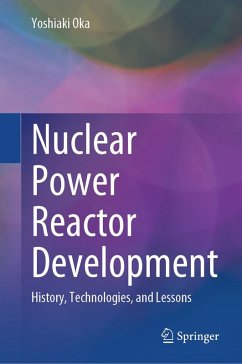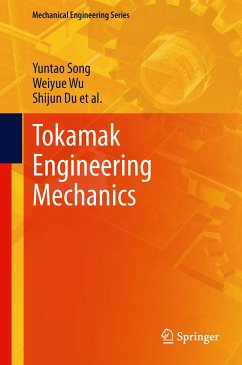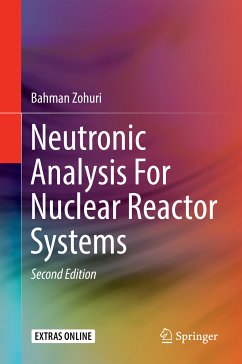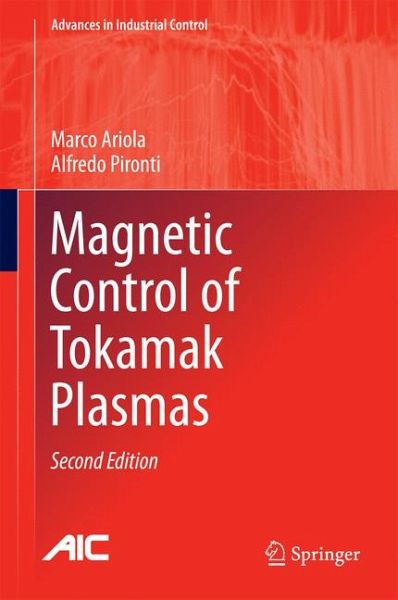
Magnetic Control of Tokamak Plasmas (eBook, PDF)
Versandkostenfrei!
Sofort per Download lieferbar
96,95 €
inkl. MwSt.
Weitere Ausgaben:

PAYBACK Punkte
48 °P sammeln!
This book is a complete treatment of work done to resolve the problems of position-, current-, and shape-control of plasma in tokamak-type (toroidal) devices being studied as a potential means of commercial energy production by nuclear fusion. Modelling and control are both detailed, allowing non-expert readers to understand the control problem. Starting from the magneto-hydro-dynamic equations, all the steps needed for the derivation of plasma state-space models are enumerated with frequent recall of the basic concepts of electromagnetics. The control problem is then described, beginning with...
This book is a complete treatment of work done to resolve the problems of position-, current-, and shape-control of plasma in tokamak-type (toroidal) devices being studied as a potential means of commercial energy production by nuclear fusion. Modelling and control are both detailed, allowing non-expert readers to understand the control problem. Starting from the magneto-hydro-dynamic equations, all the steps needed for the derivation of plasma state-space models are enumerated with frequent recall of the basic concepts of electromagnetics. The control problem is then described, beginning with the control of current and position-vertical and radial-control and progressing to the more challenging shape control. The solutions proposed vary from simple PIDs to more sophisticated MIMO controllers. The second edition of Magnetic Control of Tokamak Plasmas contains numerous updates and a substantial amount of completely new material covering areas such as: . modelling and control of resistive wall modes-the most important non-axisimmetric mode; . the isoflux approach for shape control; . a general approach for the control of limiter plasmas; . the use of inner vessel coils for vertical stabilization; and . significantly enhanced treatment of plasma-shape control at JET, including experimental results and introducing a method implemented for operation in the presence of current saturations. Whenever possible, coverage of the various topics is rounded out with experimental results obtained on currently existing tokamaks. The book also includes a presentation of the typical actuators and sensors used for control purposes in tokamaks. Some mathematical details are given in the appendices for the interested reader. The ideas formulated in this monograph will be of great practical help to control engineers, academic researchers and graduate students working directly with problems related to the control of nuclear fusion. They will also stimulate control researchers interested more generally in the advanced applications of the discipline. Advances in Industrial Control aims to report and encourage the transfer of technology in control engineering. The rapid development of control technology has an impact on all areas of the control discipline. The series offers an opportunity for researchers to present an extended exposition of new work in all aspects of industrial control.
Dieser Download kann aus rechtlichen Gründen nur mit Rechnungsadresse in A, B, BG, CY, CZ, D, DK, EW, E, FIN, F, GR, HR, H, IRL, I, LT, L, LR, M, NL, PL, P, R, S, SLO, SK ausgeliefert werden.



